Herbal baths have been used for centuries as a way to promote relaxation, ease muscle tension, and soothe the skin. Adding herbs to your bath can provide therapeutic benefits that not only help you unwind after a long day but also support your overall health and well-being. In this article, we will explore the world of herbal bath recipes, including the benefits of using herbs in your bath, essential ingredients, and tips for creating your own herbal bath recipes.
Disclaimer: This article is provided for informational purposes only and should not replace professional medical advice. Please consult with a qualified healthcare practitioner or herbalist before using any herbal remedies.
Understanding Herbal Baths Before we dive into the world of herbal bath recipes, it’s important to understand what an herbal bath is and how it works. Herbal baths are a type of hydrotherapy that involves adding herbs, flowers, and other natural ingredients to your bathwater. The warm water helps to open up your pores, allowing your skin to absorb the beneficial properties of the herbs. As you soak in the tub, the herbs release their essential oils, which can have a calming, uplifting, or invigorating effect on your mind and body.
Key Takeaways
- Herbal baths have been used for centuries to promote relaxation, ease muscle tension, and soothe the skin.
- Adding herbs to your bathwater can provide therapeutic benefits that support your overall health and well-being.
- Herbal baths involve adding herbs, flowers, and other natural ingredients to your bathwater and can have a calming, uplifting, or invigorating effect on your mind and body.
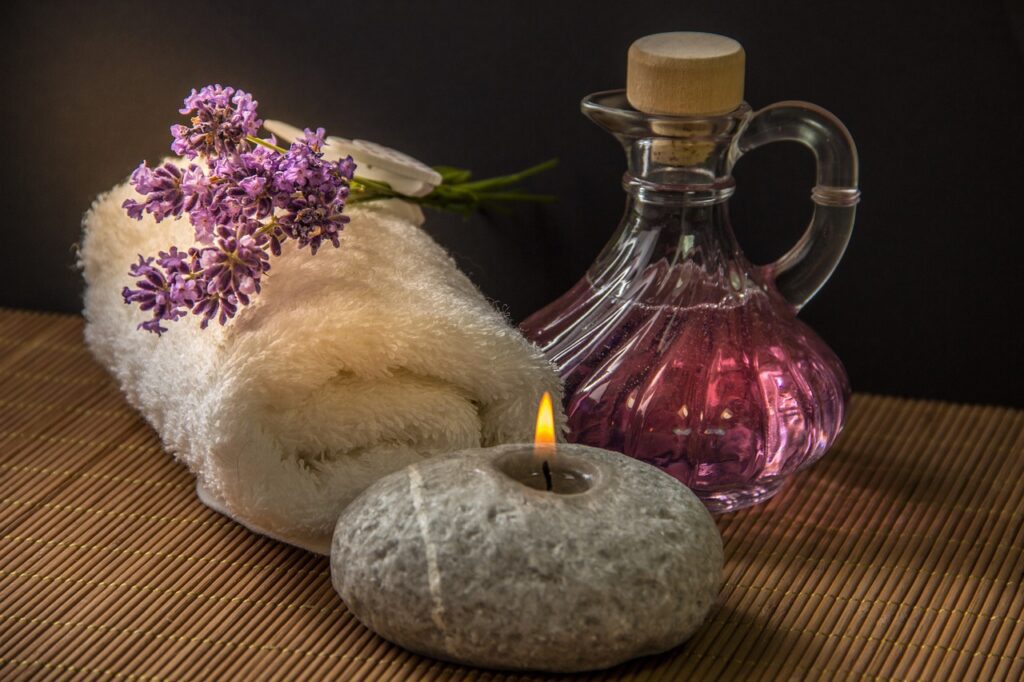
Understanding Herbal Bath Recipes
Herbal baths have been used for centuries as a form of self-care and relaxation. They involve using a combination of herbs, essential oils, carrier oils, and other natural ingredients to create a therapeutic bath that can help soothe the body and mind. In this section, we will explore the different types of herbal baths and how they can benefit us.
Herbal Tea Baths
One of the most popular types of herbal baths is the herbal tea bath. This involves steeping a combination of herbs in hot water and then adding the infusion to your bathwater. The herbs used can vary depending on the desired effect, but some popular choices include lavender, chamomile, and rose petals. Herbal tea baths can help to soothe sore muscles, reduce stress and anxiety, and promote relaxation.
Herbal Soaks
Using herbal soaks are another type of herbal bath that involves soaking in a tub of warm water infused with herbs and other natural ingredients. Unlike herbal tea baths, which use an infusion, herbal soaks typically involve adding dried herbs, Epsom salt, or other natural ingredients directly to the bathwater. Some popular herbs to use in herbal soaks include peppermint, eucalyptus, and ginger. Bathing with herbal soaks can help to ease muscle tension, reduce inflammation, and improve circulation.
Herbal Bath Bags
Herbal bath bags are small bags filled with a combination of herbs and other natural ingredients that are added to your bathwater. These bags can be made using a variety of different materials, including muslin, cheesecloth, or even old socks. Some popular herbs to use in herbal bath bags include oatmeal, lavender, and chamomile. Herbal bath bags can help to soothe dry or irritated skin, promote relaxation, and improve sleep.
Herbal Bath Infusions
Natural herbal bath infusions are another type of herbal bath that involves steeping a combination of herbs in hot water and then adding the infusion to your bathwater. However, unlike herbal tea baths, which use a small amount of herbs, herbal bath infusions typically use a larger amount of herbs to create a more potent bath. Some popular herbs to use in herbal bath infusions include rosemary, thyme, and sage. Detoxifying herbal bath infusions can help to detoxify the body, boost the immune system, and improve overall health.
Herbal Bath Tea Jars
Herbal bath tea jars are pre-made blends of herbs and other natural ingredients that are designed to be added directly to your bathwater. These blends can be customized to suit your specific needs, and they typically come in a variety of different scents and flavors. Some popular herbs to use in herbal bath tea jars include lavender, rose, and peppermint. Herbal bath tea jars can help to soothe sore muscles, reduce stress, and promote relaxation.
Overall, herbal baths are a great way to promote relaxation, reduce stress and anxiety, and improve overall health and well-being. Whether you prefer herbal tea baths, herbal soaks, herbal bath bags, herbal bath infusions, or herbal bath tea jars, there is a type of herbal bath that is perfect for you. So why not treat yourself to a relaxing herbal bath today?
Benefits of Herbal Baths
Herbal baths have been used for centuries to promote health and wellness. By steeping herbs in hot water and soaking in the resulting herbal infusion, we can enjoy a range of therapeutic benefits. Here are some of the key benefits of herbal baths:
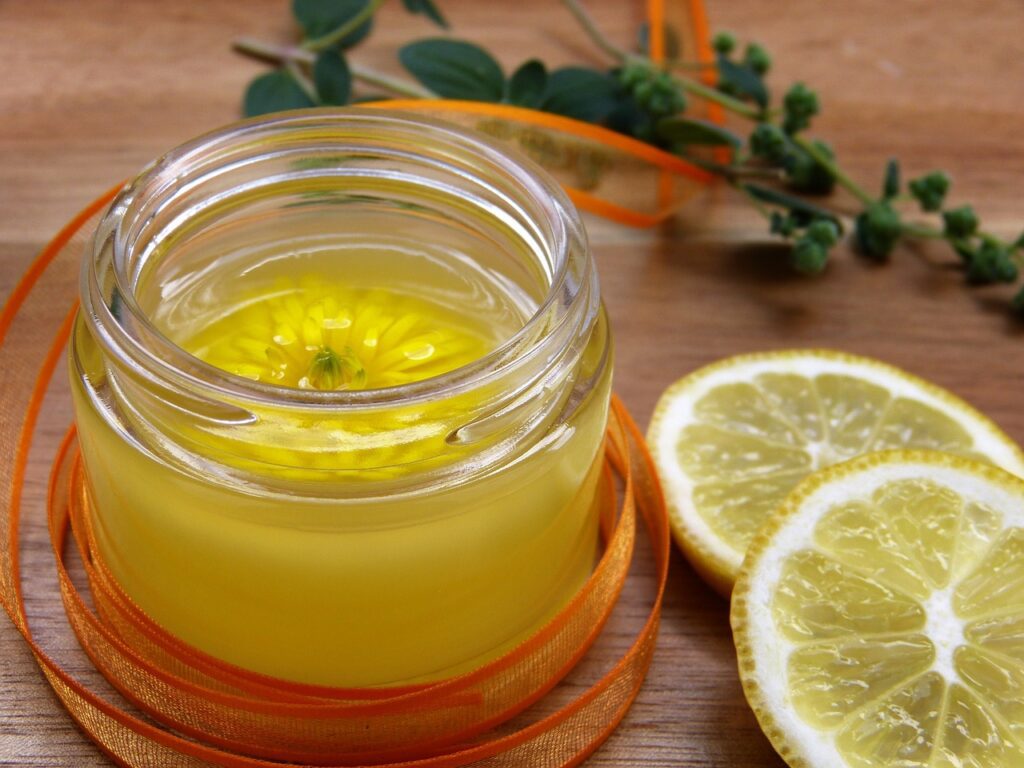
Relaxation
One of the most well-known benefits of herbal baths is their ability to promote relaxation. A warm herbal bath can help to soothe the mind and body, reducing stress and anxiety. Some herbs that are particularly effective at promoting relaxation include lavender, chamomile, and lemon balm.
Sore Muscles
If you suffer from sore muscles, a warm herbal bath can be a great way to ease your discomfort. Herbs like eucalyptus, peppermint, and rosemary have natural anti-inflammatory properties that can help to reduce pain and swelling.
Joint Pain
Herbal baths can also be beneficial for those who suffer from joint pain. Herbs like ginger, turmeric, and cayenne pepper have natural anti-inflammatory properties that can help to reduce pain and stiffness in the joints.
Insect Bites
If you’ve been bitten by an insect, a warm herbal bath can help to soothe the itching and reduce inflammation. Herbs like calendula, chamomile, and lavender are particularly effective at soothing itchy skin.
Itchy Skin Conditions
Herbal baths can also be helpful for those who suffer from itchy skin conditions like eczema or psoriasis. Herbs like oatmeal, chamomile, and calendula can help to soothe irritated skin and reduce inflammation.
Therapeutic Bath
In addition to promoting relaxation and easing physical discomfort, herbal baths can also be therapeutic in other ways. For example, herbs like sage, thyme, and rosemary have natural antiseptic properties that can help to prevent infection and promote healing.
Warm Herbal Baths
Finally, it’s worth noting that warm herbal baths are particularly effective at promoting relaxation and easing physical discomfort. The warmth of the water helps to increase blood flow and circulation, which can help to reduce pain and stiffness in the muscles and joints.
Overall, there are many benefits to incorporating herbal baths into your self-care routine. Whether you’re looking to promote relaxation, ease physical discomfort, or simply enjoy a therapeutic soak, there are a range of herbs that can help you achieve your goals.
Essential Ingredients for Herbal Bath Recipes
When it comes to creating a relaxing and rejuvenating herbal bath, there are a variety of essential ingredients that can be used to enhance the experience. Here are some of the key ingredients that we recommend:
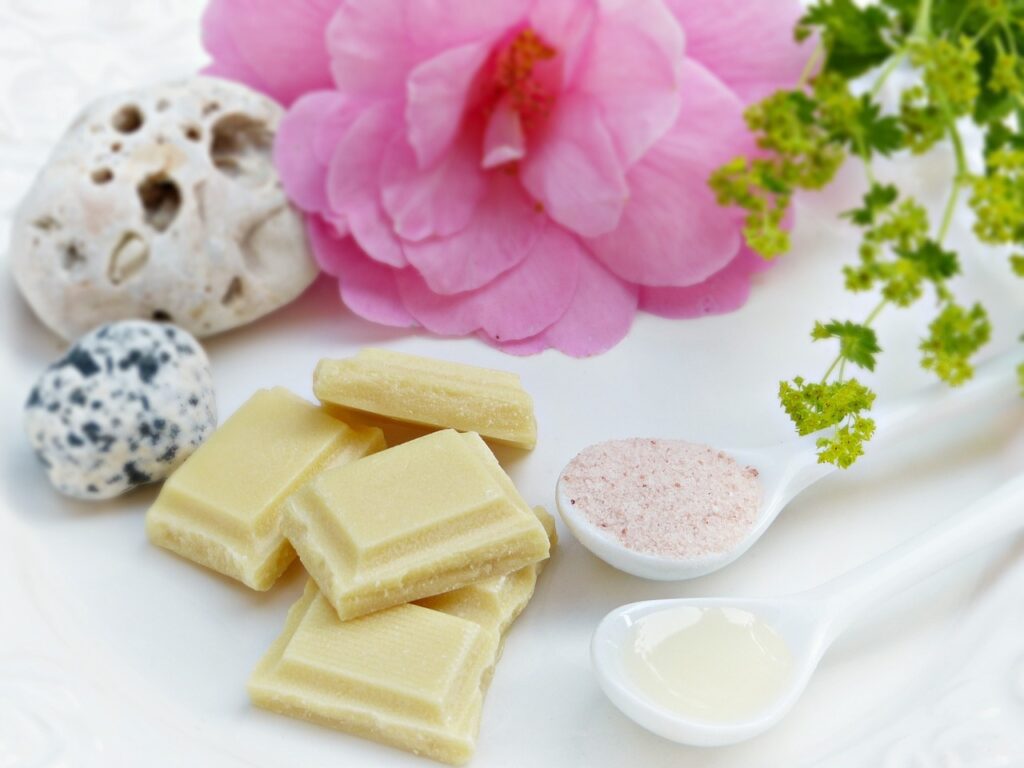
Epsom Salt
Epsom salt is a popular ingredient in herbal baths due to its ability to ease muscle soreness and promote relaxation. It is made from magnesium sulfate, which is easily absorbed through the skin. Adding a few cups of epsom salt to your bath can help soothe tired muscles and promote a sense of calm.
Dried Herbs
Dried herbs are another common ingredient in herbal baths. Some popular options include rose petals, lemon balm, and green tea. These herbs can be placed in a muslin bag or directly in the bath water to infuse it with their natural fragrances and therapeutic properties.
Drops of Essential Oil
Essential oils are often used in combination with dried herbs to create a more potent herbal bath experience. Lavender essential oil, for example, is known for its calming properties and can help reduce stress and anxiety. When using essential oils, it’s important to dilute them properly and use only a few drops at a time.
Milk Baths
Milk baths have been used for centuries to soothe and soften the skin. Adding milk powder or fresh milk to your bath can help hydrate and nourish your skin, while also promoting relaxation.
Sea Salt
Sea salt is another popular ingredient in herbal baths. Celtic sea salt and coarse sea salt are both great options to help detoxify the skin and promote relaxation. Dead sea salt, which is rich in minerals, is also a great choice for those looking to soothe sore muscles and improve skin health.
Overall, the key to creating a great herbal bath is to use natural ingredients that promote relaxation and rejuvenation. Whether you prefer epsom salt, dried herbs, or a combination of both, there are plenty of options to choose from. So why not create your own herbal bath recipe today and experience the benefits for yourself?
Creating Your Own Herbal Bath Recipes
Making your own herbal bath recipes is a great way to tailor your bath to your specific needs and preferences. One of our favorite ways to make our own blends is to combine dried herbs and flowers in a glass jar and let them infuse for a few weeks. This creates a strong, concentrated blend that can be added to a bath for a wonderful way to relax and unwind.
Another great option is to use bath bomb or salt soak recipes as a base and add your own blend of dried herbs and flowers. This is a great way to customize your bath and make it a truly unique experience. You can also experiment with different carrier oils and essential oils to create a stronger herbal bath.
Tub Tea
If you prefer a simpler option, tub tea recipes are a great way to enjoy the benefits of herbs without the mess. Simply place a small handful of herbs in a sealable tea bag or drawstring cotton muslin bag, and toss it in your bath as it fills up.
When creating your own herbal bath recipe, it’s important to note that some herbs may be too strong for a full bath. In these cases, sitz baths or foot soaks may be a better option. It’s also important to research the properties of each herb to ensure that you are using safe and effective natural products.
Creating your own herbal bath recipes can also be a great way to make handmade gifts for friends and family. Simply package your blend in a small muslin bag or glass jar with instructions for use. This is a thoughtful and personal gift that is sure to be appreciated.
Overall, creating your own herbal bath recipes is a wonderful way to customize your bath experience and enjoy the benefits of natural ingredients. With a little experimentation and some basic ingredients from your grocery store, you can create a luxurious and relaxing bath that is perfect for your needs.
Types of Herbal Baths
Herbal baths are a great way to unwind and relax after a long day. There are several types of herbal baths that you can try, each with its own unique benefits.
Hot Herbal Bath
A hot herbal bath is a great way to relax and soothe sore muscles. Simply add your favorite herbs to a tub of hot water and soak for 20-30 minutes. Some popular herbs for a hot herbal bath include lavender, rosemary, peppermint, and eucalyptus.
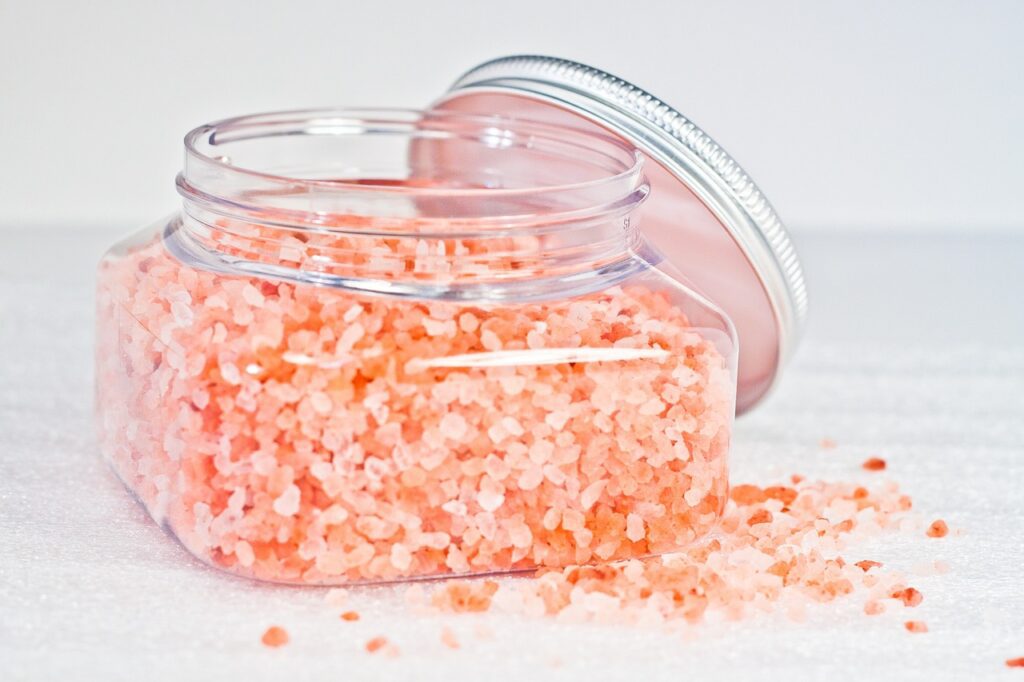
Warm Herbal Tea Bath
A warm herbal tea bath is a great way to detoxify your body and boost your immune system. To make a warm herbal tea bath, simply brew your favorite herbal tea and add it to a tub of warm water. Some popular herbs for a warm herbal tea bath include chamomile, calendula, and rose petals.
Milk Bath
A milk bath is a great way to nourish and hydrate your skin. Simply add a cup of milk to a warm bath and soak for 20-30 minutes. You can also add your favorite herbs to the milk bath for added benefits. Some popular herbs for a milk bath include lavender, chamomile, and rose petals.
Bubble Bath
A bubble bath is a great way to relax and unwind after a long day. Simply add bubble bath to a warm bath and soak for 20-30 minutes. You can also add your favorite herbs to the bubble bath for added benefits. Some popular herbs for a bubble bath include lavender, chamomile, and rose petals.
Therapeutic Herbal Bath
A therapeutic herbal bath is a great way to address specific health concerns. Simply add your chosen herbs to a warm bath and soak for 20-30 minutes. Some popular herbs for a therapeutic herbal bath include ginger, chamomile, and lavender.
Simple Herbal Bath
A simple herbal bath is a great way to relax and unwind without any added frills. Simply add your favorite herbs to a warm bath and soak for 20-30 minutes. Some popular herbs for a simple herbal bath include lavender, chamomile, and rose petals.
Strong Herbal Tea Bath
A strong herbal tea bath is a great way to address specific health concerns. Simply brew a strong herbal tea and add it to a warm bath. Some popular herbs for a strong herbal tea bath include ginger, chamomile, and lavender.
Overall, herbal baths are a great way to relax and unwind after a long day. With so many different types of herbal baths to choose from, you’re sure to find one that works for you.
Precautions and Considerations
When it comes to herbal bath recipes, there are a few precautions and considerations to keep in mind to ensure a safe and enjoyable experience.
Sensitive or Irritated Skin
If you have sensitive or irritated skin, it’s important to be cautious when using herbal bath recipes. Some herbs may cause further irritation or allergic reactions. It’s best to do a patch test before using any new herbs or recipes, and to start with a small amount of herbs in your bath.
Pregnant Women
Pregnant women should also be cautious when using herbal bath recipes. Some herbs may be harmful to the developing fetus, so it’s best to consult with a healthcare provider before using any new herbs or recipes.
Dry Skin
If you have dry skin, herbal bath recipes can be a great way to hydrate and nourish your skin. Look for recipes that include ingredients like oatmeal, honey, or coconut oil, which can help soothe and moisturize dry skin.
Lovely Scent
One added bonus of using herbal bath recipes is the lovely scent they can provide. However, it’s important to make sure that the scent comes from natural ingredients rather than synthetic fragrances, which can be harmful to your health. Look for recipes that use essential oils or dried herbs for a natural and safe scent.
Storing and Using Herbal Baths
Once you have created your herbal bath, you may be wondering how to store it for later use. Here are some tips to help you properly store and use your herbal baths.

Glass Jars
One of the best ways to store herbal baths is in glass jars. These jars can be reused and are perfect for keeping your herbal bath fresh. Make sure to label the jars with the name of the herbal bath and the date it was made.
Equal Parts
When making an herbal bath, it is important to use equal parts of each herb. This ensures that each herb is evenly distributed throughout the bath and that you receive all of the benefits of each herb.
Herbal Bath Bags
If you want to make a mess-free herbal bath, consider using herbal bath bags. These bags can be filled with your herbal tea blend and added directly to your bath. They are perfect for people who want to enjoy the benefits of herbal baths without the mess.
Herbal Bath Tea Jars
Another way to store your herbal bath is in herbal bath tea jars. These jars are perfect for storing small pieces of your herbal bath blend for future use. Simply add a spoonful of your herbal bath blend to your bath soak for a relaxing and rejuvenating experience.
Small Muslin Bag
If you don’t have any herbal bath bags, you can use a small muslin bag to hold your herbal bath blend. Simply fill the bag with your herbal blend and add it to your bath. This is a great way to enjoy the benefits of herbal baths without the mess.
Tub Fills
When adding your herbal bath to your tub, make sure to fill the tub with warm water first. Then, add your herbal bath blend to the water and stir well. This will ensure that all of the herbs are evenly distributed throughout the water.
Milk Fats
If you want to add some extra moisture to your herbal bath, consider adding some milk fats. Milk fats, such as whole milk or heavy cream, can help to soften and moisturize your skin.
Giant Bowl of Oatmeal
Another way to add moisture to your skin is by adding a giant bowl of oatmeal to your herbal bath. Oatmeal is known for its moisturizing properties and can help to soothe dry and itchy skin.
By following these tips, you can properly store and use your herbal baths for a relaxing and rejuvenating experience.
Frequently Asked Questions
What are some herbs that can be used in a bath for relaxation?
Some herbs that can be used in a bath for relaxation include lavender, chamomile, rose petals, and lemon balm. These herbs contain natural compounds that have a calming effect on the mind and body.
What are the benefits of taking an herbal bath?
Taking an herbal bath can have several benefits. It can help to relax the mind and body, reduce stress and anxiety, improve sleep quality, soothe sore muscles, and moisturize the skin.
How do you make an herbal bath soak?
To make an herbal bath soak, you can add a handful of dried herbs to a warm bath and let them steep for 10-15 minutes. Alternatively, you can make a strong herbal tea by boiling the herbs in water and adding the tea to your bathwater.
What are some Chinese herbal bath recipes?
Some Chinese herbal bath recipes include ginger and green tea, goji berry and red dates, and ginseng and licorice root. These herbs are known for their therapeutic properties and can help to improve circulation, boost energy levels, and promote overall well-being.
What are some herbs that can be used in a bath for pain relief?
Some herbs that can be used in a bath for pain relief include eucalyptus, peppermint, and ginger. These herbs contain natural compounds that have analgesic and anti-inflammatory properties, which can help to soothe sore muscles and joints.
What are some anti-inflammatory ingredients that can be added to a bath?
Some anti-inflammatory ingredients that can be added to a bath include epsom salt, baking soda, and apple cider vinegar. These ingredients can help to reduce inflammation, soothe irritated skin, and promote relaxation.

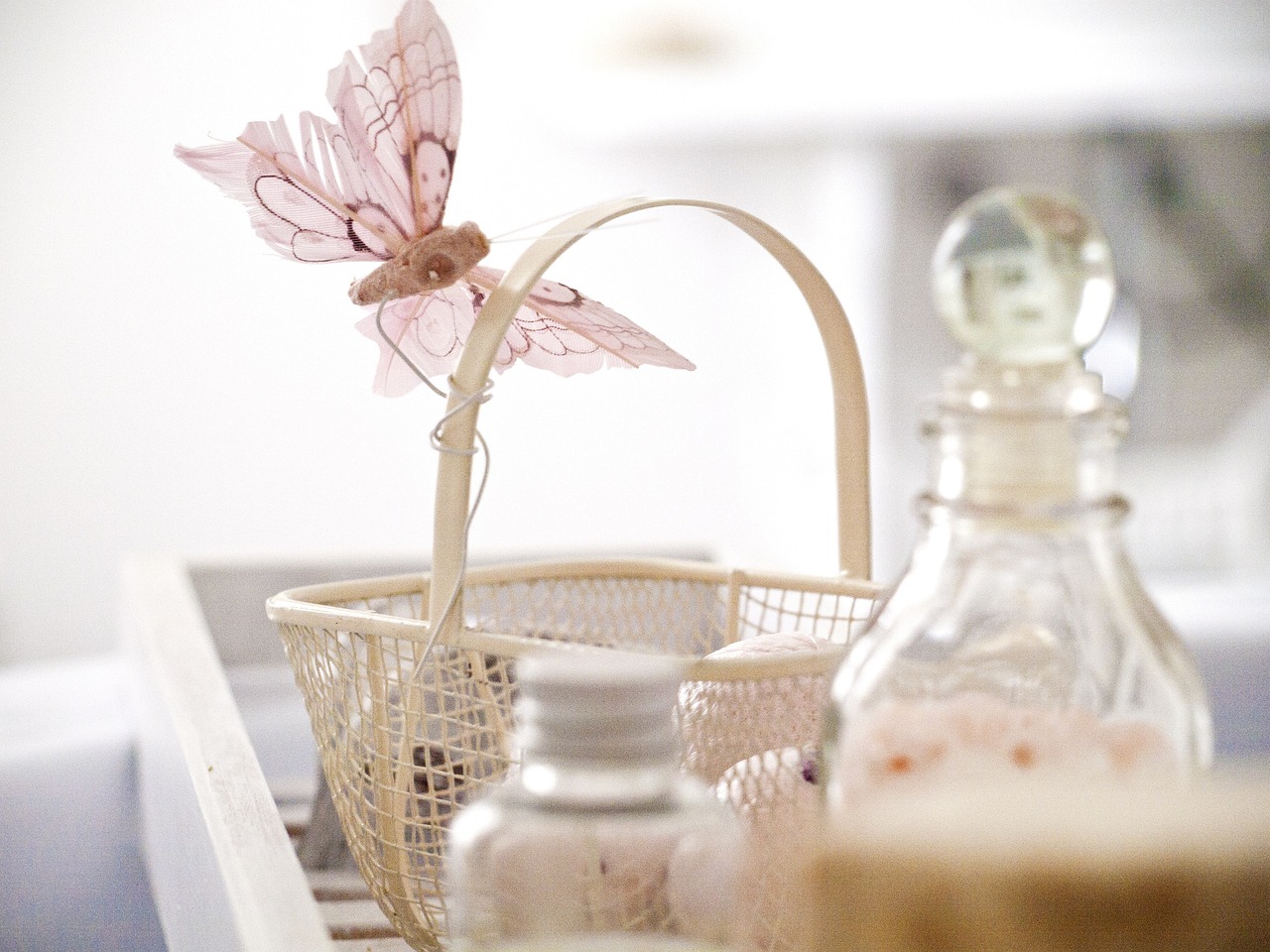


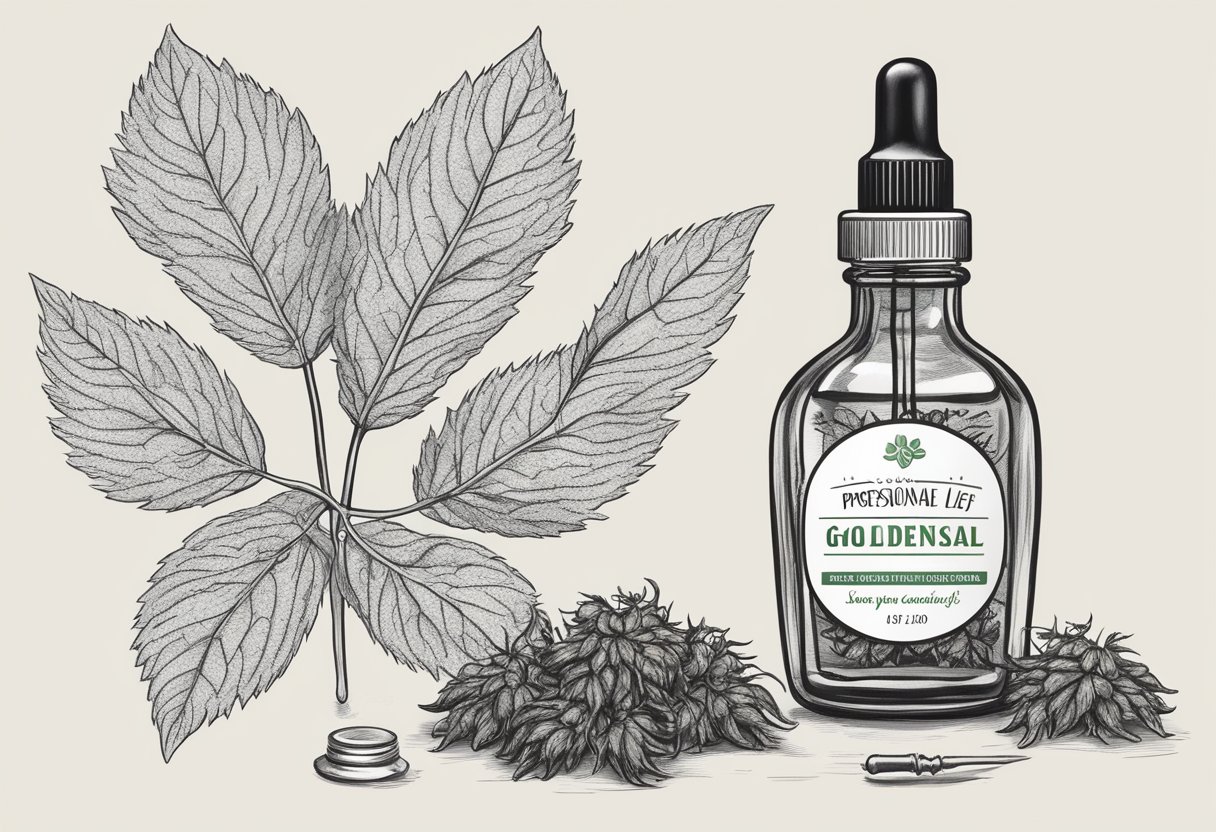
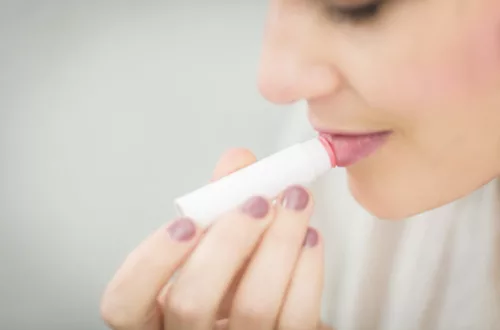


3 Comments on “Herbal Bath Recipes: Natural Remedies for Relaxation and Healing”